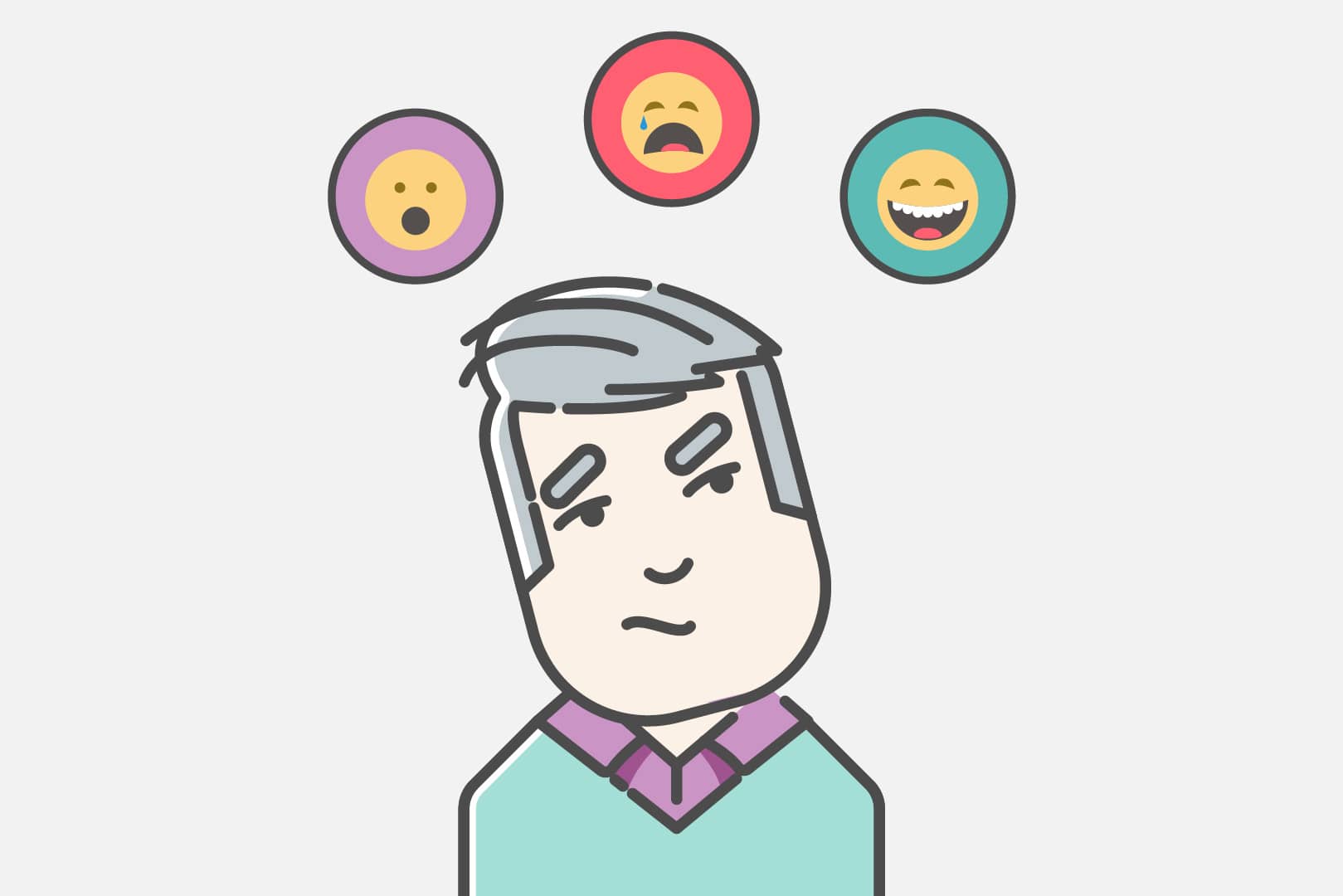Behavioural, Emotional and Psychiatric Symptoms in Dementia

Lesson Outline
- Anger and emotional fluctuations
- Hallucinations
- Delusions
- Physical expressions or behaviours
- Repetition speech or behaviours
- Sexual behaviours
- Avoiding places or situations that cause the behaviours.
- Using distraction as a technique.
- Being aware of body language and tone of voice.
- Having regular schedules and routines.
- Improving sleep.
Learn the answers to the following questions:
What are some of the behavioural, emotional and psychiatric signs and symptoms of dementia?
What are some non-medication strategies to help deal with these behaviours?
What medications can be used to help?
What other resources are available to help manage these behaviours?
Lesson Resources
Here are some other resources about this topic that you may find helpful after completing this lesson.
Behavioural Symptoms of Dementia
This list of recommendations is designed to help patients, caregivers and healthcare teams develop a care plan for those who are in a hospital or long-term care home and are experiencing behavioural symptoms.
View PDF"I want to go home."
This short video gives practical advice on how to respond when your loved one with dementia says 'I want to go home.'
Watch VideoUnderstanding & Managing Responsive Behaviours in Persons with Dementia
Learn how to understand and manage responsive behaviours in persons with dementia with this 45-minute video. This archive presentation of our live event features a 15-minute discussion by our experts followed by 30-minutes of answers to questions posed by viewers.
Watch VideoDementia and Responsive Behaviours
Discover practical tips on how to use a problem-solving approach to respond to behaviours. Learn strategies to help reduce responsive behaviours such as agitation, wandering, sexual behaviours, hallucinations, and paranoia.
Download PDFSubscribe to our newsletter for new live events!